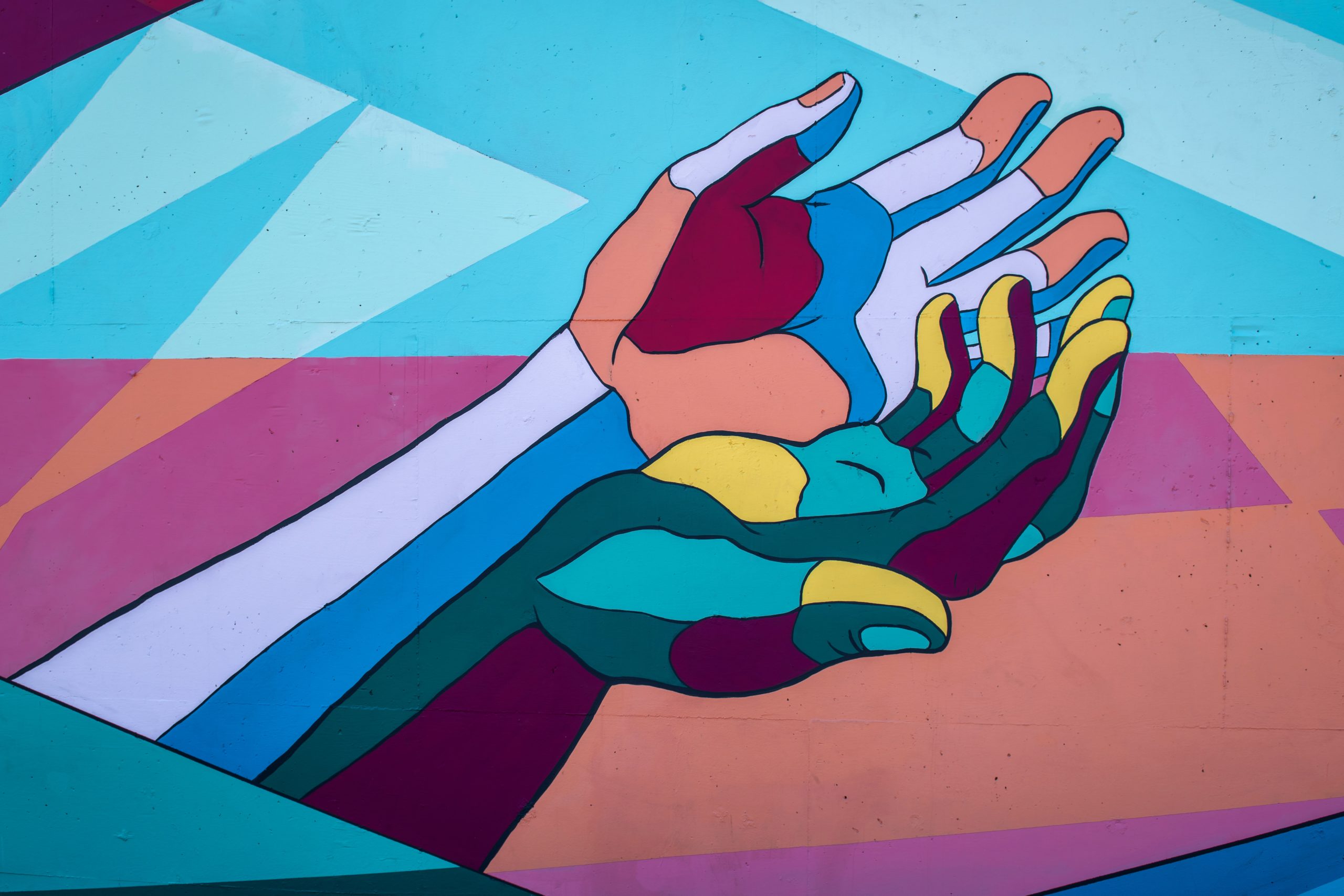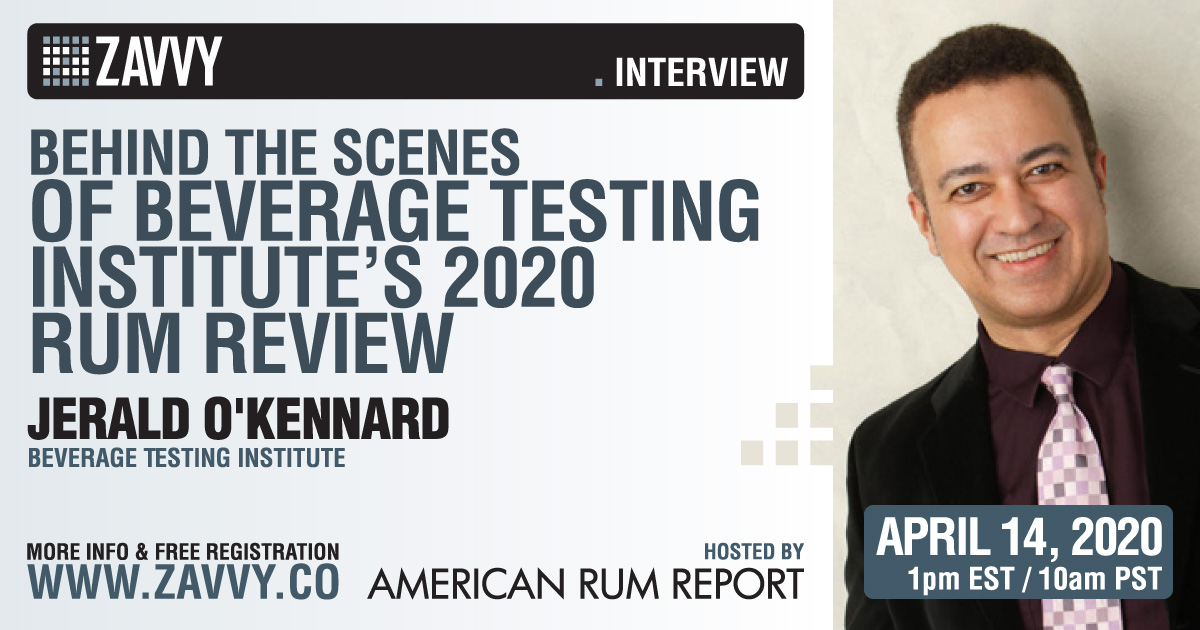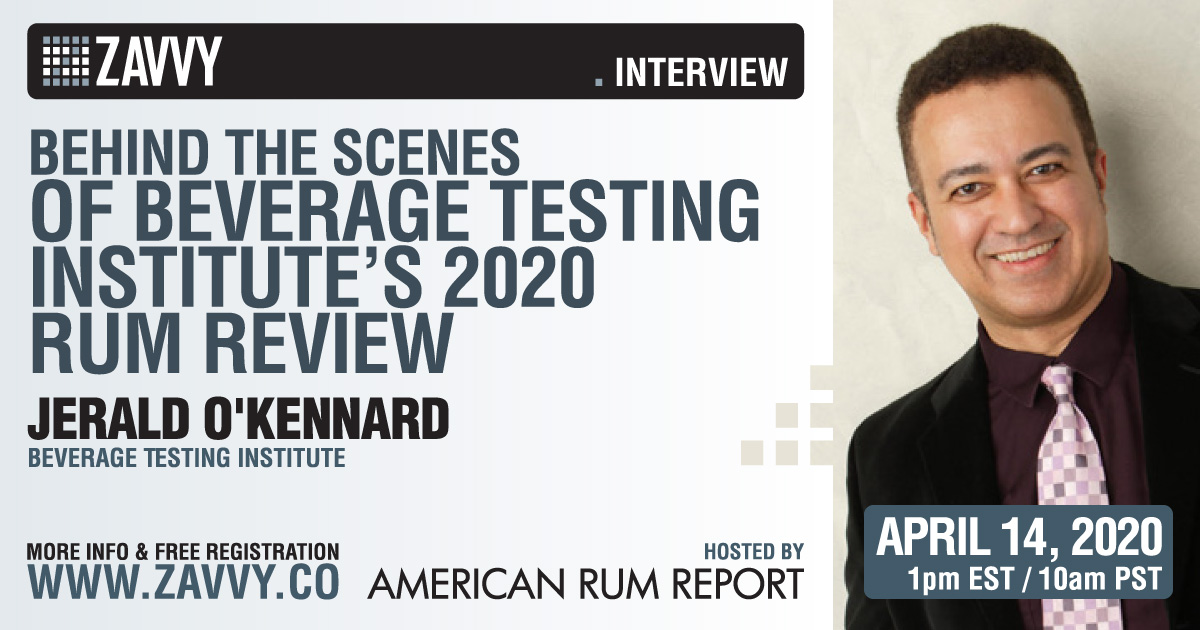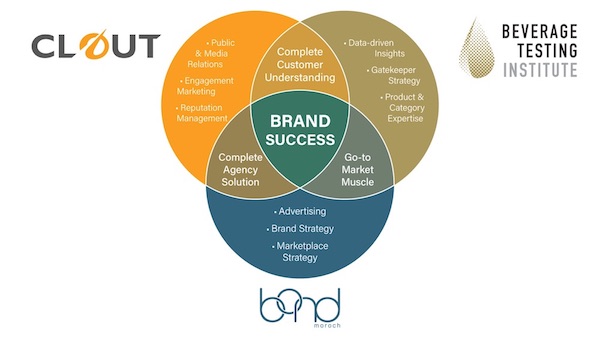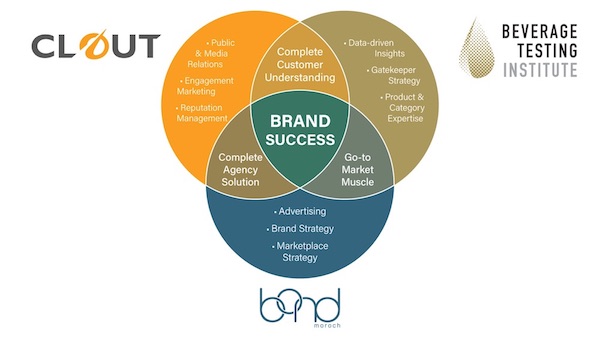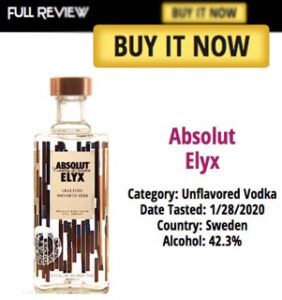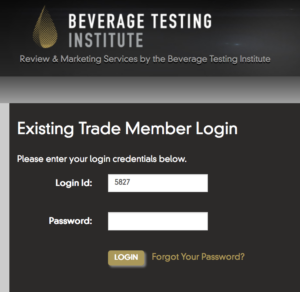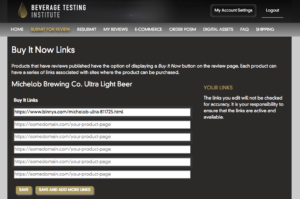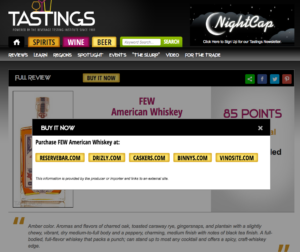With a beverage market that is growing at an exponential rate, it is becoming increasingly difficult for any brand to stand out from its competition. This is especially challenging as consumers and beverage professionals alike pay closer attention to the transparency that a brand provides; more information is becoming more and more of a purchasing priority. Following this trend, a brand’s “conscious” identity, and promotion of the practices that support it, can create a major push when it comes to buying. Beverage Testing Institute defines a conscious brand as one that is active in bettering the environment and/or the community, and with countless ways for members of the beverage industry to do just that, we spoke with several producers about their different definitions and applications of the term in their practices.
Conscious Spirits
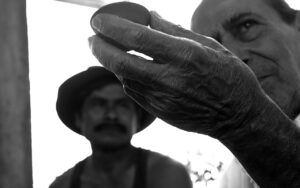 Del Maguey, a mezcal brand much-beloved by the industry as well as the consumer market, roots its ethical decision-making in honoring “family, tradition, and community.” Demand for the category has skyrocketed in the 25 years Del Maguey has been around, which, like with rising calls for any agriculturally sourced product, presents the potential risk of over-harvesting in order to satisfy consumer requests. Misty Kalkofen, “Madrina” for the brand since 2013, cements Del Maguey’s commitments, stating that “We need to be conscious of where the industry is going while simultaneously being respectful of the culture and being aligned with the artisanal nature of our surroundings.” These commitments range from the environmental, renewable energy initiatives and ensuring healthy populations of wild maguey, to the social, creating water accessibility, scholarship programs, fair-trade premiums for workers, and more. After a recent acquisition by Pernod Ricard, there were concerned rumblings about Del Maguey becoming too big to stay sustainable, but Kalkofen explains that it has only served to strengthen their sustainability ambitions. “For 25 years we have been exporters of more than mezcal. We have been exporters of culture, which in turn has improved access to education, technology, and basic needs, while also supporting healthy ecosystems in communities in Oaxaca and Puebla.”
Del Maguey, a mezcal brand much-beloved by the industry as well as the consumer market, roots its ethical decision-making in honoring “family, tradition, and community.” Demand for the category has skyrocketed in the 25 years Del Maguey has been around, which, like with rising calls for any agriculturally sourced product, presents the potential risk of over-harvesting in order to satisfy consumer requests. Misty Kalkofen, “Madrina” for the brand since 2013, cements Del Maguey’s commitments, stating that “We need to be conscious of where the industry is going while simultaneously being respectful of the culture and being aligned with the artisanal nature of our surroundings.” These commitments range from the environmental, renewable energy initiatives and ensuring healthy populations of wild maguey, to the social, creating water accessibility, scholarship programs, fair-trade premiums for workers, and more. After a recent acquisition by Pernod Ricard, there were concerned rumblings about Del Maguey becoming too big to stay sustainable, but Kalkofen explains that it has only served to strengthen their sustainability ambitions. “For 25 years we have been exporters of more than mezcal. We have been exporters of culture, which in turn has improved access to education, technology, and basic needs, while also supporting healthy ecosystems in communities in Oaxaca and Puebla.”
 In the same vein of supporting family and tradition, Uncle Nearest Tennessee Whiskey, co-founded by Fawn Weaver in 2017 on the principles of “love, honor, and respect,” uses the true narrative of its namesake’s history to peak the consumer’s interest and harness visibility to put towards conscious efforts. Nathan “Nearest” Green, though an expert in the whiskey-making craft (which he is credited with teaching to Jack Daniel), was a slave and therefore never able to receive a formal education. The Nearest Green Legacy Scholarship is a conscious effort to enrich future generations of this important history’s bloodline. “All of Nearest Green’s descendants of college-age have an automatic full scholarship to any university in the world to which they are accepted,” a practice that Weaver explains “just felt like the right thing to do.” Since Uncle Nearest doesn’t “lay out a giving agenda ahead of time” and instead, as Weaver puts it, “does their best to meet needs as they arise,” the company’s acts of consciousness have risen to the call of the COVID-19 pandemic, purchasing hundreds of thousands of N-95 masks and donating and distributing them to front-line workers and hard-hit African American communities across the country. As a whole, Weaver affirms that “giving is so ingrained in our company culture…perhaps that is what a ‘conscious’ company looks like.” Companies like Uncle Nearest and Del Maguey put quality products in their bottles, but it is their unwavering and continuous commitment to sustainable conscious acts that creates loyal followers.
In the same vein of supporting family and tradition, Uncle Nearest Tennessee Whiskey, co-founded by Fawn Weaver in 2017 on the principles of “love, honor, and respect,” uses the true narrative of its namesake’s history to peak the consumer’s interest and harness visibility to put towards conscious efforts. Nathan “Nearest” Green, though an expert in the whiskey-making craft (which he is credited with teaching to Jack Daniel), was a slave and therefore never able to receive a formal education. The Nearest Green Legacy Scholarship is a conscious effort to enrich future generations of this important history’s bloodline. “All of Nearest Green’s descendants of college-age have an automatic full scholarship to any university in the world to which they are accepted,” a practice that Weaver explains “just felt like the right thing to do.” Since Uncle Nearest doesn’t “lay out a giving agenda ahead of time” and instead, as Weaver puts it, “does their best to meet needs as they arise,” the company’s acts of consciousness have risen to the call of the COVID-19 pandemic, purchasing hundreds of thousands of N-95 masks and donating and distributing them to front-line workers and hard-hit African American communities across the country. As a whole, Weaver affirms that “giving is so ingrained in our company culture…perhaps that is what a ‘conscious’ company looks like.” Companies like Uncle Nearest and Del Maguey put quality products in their bottles, but it is their unwavering and continuous commitment to sustainable conscious acts that creates loyal followers.
Conscious Wines
 8,000 years (and counting!) of wine production means there’s always time for conscious innovation. The folks at Benziger Winery in Sonoma County, California impart both “character and conscience” into every wine they make. Chris Benziger, VP of Trade Relations, states that “We define a ‘conscious’ wine as one that is not only delicious, but also grown in a way that cares for the environment.”
8,000 years (and counting!) of wine production means there’s always time for conscious innovation. The folks at Benziger Winery in Sonoma County, California impart both “character and conscience” into every wine they make. Chris Benziger, VP of Trade Relations, states that “We define a ‘conscious’ wine as one that is not only delicious, but also grown in a way that cares for the environment.”  Echoing this sentiment, Rachel Newman of Bonterra Organic Vineyards says that they express their conscious methods through “deep respect for the environment,” and they further believe that “organic farming and regenerative practices enrich the biodiversity in our vineyards year after year, enabling us to produce pure expressions of the varietals we grow, while enhancing the land on which they are farmed for today and tomorrow.” While it can require some alternative thinking and a bit of trial and error, green winemaking practices (certified sustainable, organic, biodynamic) result in high-quality fruit and yields very comparable to those of conventional producers. Wine production executed in conscious consideration of the land can also result in what Benziger refers to as “distinctive, authentic wines,” creating a unique and special product that consumers can identify and pluck from the larger flock of options. Benziger apprises that “now, more than ever, consumers are looking for wines made with considerations for the environment, from sustainable to organic, and more.”
Echoing this sentiment, Rachel Newman of Bonterra Organic Vineyards says that they express their conscious methods through “deep respect for the environment,” and they further believe that “organic farming and regenerative practices enrich the biodiversity in our vineyards year after year, enabling us to produce pure expressions of the varietals we grow, while enhancing the land on which they are farmed for today and tomorrow.” While it can require some alternative thinking and a bit of trial and error, green winemaking practices (certified sustainable, organic, biodynamic) result in high-quality fruit and yields very comparable to those of conventional producers. Wine production executed in conscious consideration of the land can also result in what Benziger refers to as “distinctive, authentic wines,” creating a unique and special product that consumers can identify and pluck from the larger flock of options. Benziger apprises that “now, more than ever, consumers are looking for wines made with considerations for the environment, from sustainable to organic, and more.”
Conscious Beers
The beer industry holds shining examples of success-generating conscious production. Privatebrauerei Hofmühl, located in Eichstätt, Germany, has been in production for over 500 years. Though well-established for centuries, their conscious efforts in the past two decades have led to a 40% reduction of their carbon footprint by way of solar panels, mindful brewing techniques, and smart excess grain/yeast diversion. Their award-winning brews are in high-demand, yet they keep distribution extremely local, both ensuring top-quality for consumers as well as keeping fuel consumption low.
Full Sail Brewing, in Hood River, Oregon, also considers the environment in their day-to-day production, with extremely low water usage and distribution of spent grain to local farmers (whose products they then feature on the menu in their brewpub!). Full Sail then pushes their conscious commitment even further by taking responsibility for their community with an on-site water treatment plan, which their website explaining that “as much as we are committed to brewing great beers, we are also committed to our community.” A producer’s local ethics can create hometown allegiance, and their larger-scale environmental consciousness captures the larger consumer market.
Through environmental consideration, commitment to community, pledges to upholding tradition, and more, there is infinite room under the conscious umbrella for brands across all categories of the beverage industry to capture demand for enlightened consumption. It’s never too late to consider ways to do well by doing good.

